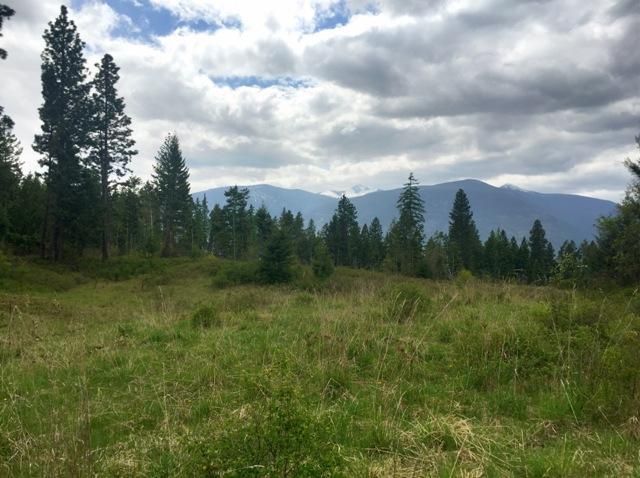Very Basic Considerations:
What type of a system are you going to have? Will you be going completely off-grid or are you more interested in the convenience of being on grid but wanting just some of your home powered with an off-grid system in case of a grid-down scenario? This is your first consideration.
After you decide that – do you know what voltage system would be best for you? The most common residential systems are 24 volt and 48 volt – each with different pros and cons. You might consider a 12 volt system for a very small cabin or an RV. As this website develops, I will be writing more about helping you choose which system would be best for you.
To continue:
Will you be generating your power from the sun, the wind, or water? Most people in North Idaho choose to go with a solar system. The reason, besides cost per kw, is because very few of us have the benefit of sufficient water drop or dependable wind on our properties. We have a few lucky customers that have gone with micro-hydro – but for the most part it is solar.
If you go with solar, you need to decide how are you going to mount the panels? We recommend a pole mount system that can adjust in winter to shed the snow and capture our low on the horizon winter sun.
What kind of batteries are you going to store the power in? Our favorite is Nickle Iron because of the longevity and robustness – but they are very expensive. Lithium is very nice, but they cannot be charged below 32 degrees or they will get damaged. This is a concern if you think you may be leaving them unattended for any length of time over the winter. The most common choice is a deep-charge L-16 lead acid battery. There are pros and cons to all of them – the pro of the L-16 is that they are much more affordable and batteries will most likely be the most costly purchase of your system.
So how much power do you need to produce to have enough power? This is going to depend on many variables and it’s best to do some research to get an idea – and then talk to us. We will help you decide – that’s part of our job. We have learned that it is always better to go bigger than you think you need if you can afford it. We do make our systems to be upgradeable, though, so you don’t have to do it all at once.
Conclusion
There’s ALOT that goes into the decisions when putting in an off-grid system. We have lived off-grid for over 12 years – it’s a different way of life and it’s not as easy as it may seem at first. But it’s so worth it! Get someone to help you – even if it’s not us. There’s a lot to learn!
